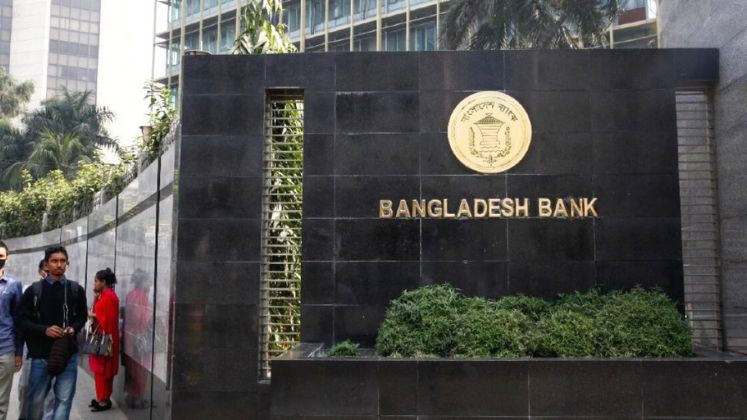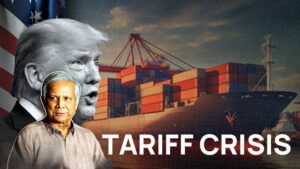
Several banks facing financial difficulties are currently unable to settle payments to over 200 exporters, including those related to export proceeds, raising concerns over wages, expenses, and potential labour unrest. The Bangladesh Garment Manufacturers and Exporters Association (BGMEA) plans to hold a meeting with Bangladesh Bank Governor Ahsan H Mansur on Tuesday to seek a resolution.
Exporters have reported that Exim Bank and Social Islami Bank are the primary sources of the problem, with Exim Bank alone handling exports for 254 garment companies. Many of these exporters have yet to receive their dues, even after export proceeds have arrived in the banks. However, the exact amount of funds pending clearance remains unconfirmed.
According to BGMEA sources, their leaders will meet with the Bangladesh Bank governor to address the issue. Mahmud Hasan Khan Babu, BGMEA President, emphasised the severity of the situation, “More than 200 garment exporters are facing payment issues because these troubled banks cannot settle back-to-back LC obligations or transfer export proceeds. This impacts our ability to pay workers’ wages and meet other expenses.”
A delegation of industry owners, including 11 exporters, had already briefed Deputy Governor Md Zakir Hossain Chowdhury on Sunday about their struggles. An anonymous exporter involved in exports worth approximately US $ 50 million through Exim Bank confirmed that many companies, including the Hannan Group, are unable to access their funds even after the proceeds have been received.
Hannan Group’s Managing Director, ABM Shamsuddin, echoed concerns, stating that despite submitting all export documentation, their payments have been delayed. “Millions of dollars are coming into the country, but the bank is withholding them. It’s like they are swallowing the dollars,” he lamented, accusing banks of misappropriating export funds.
The problem stems from the nature of export transactions involving back-to-back LCs, where banks deduct the owed amounts once proceeds arrive, paying the exporter and raw material suppliers accordingly. Currently, troubled banks are unable to fulfill these obligations, compounding the financial strain on exporters.
Saleudh Zaman Khan, MD of NZ Textile Mills, highlighted the broader impact, noting that he has been unable to receive payments for raw materials supplied under back-to-back LCs for the past nine months, amounting to approximately US $ 1 million. “Banks say they can’t settle payments until after the merger, which has left us in serious trouble,” he said.
A bank official, requesting anonymity, acknowledged the difficulties but claimed that the number of exporters yet to receive payments does not exceed 40 out of around 300 trading through the bank. He blamed the delay on panic following the announcement of a bank merger, which led to deposit withdrawals and liquidity issues since June.
The chairman of one of the troubled banks also pointed to the merger process as a key factor behind the crisis, criticising the government’s delay in completing the merger, which he said exacerbated the financial crunch. Meanwhile, SIBL Vice Chairman Maksuda Begum was unavailable for comment.
The upcoming meeting between BGMEA leaders and the Bangladesh Bank governor aims to find a swift solution to prevent further economic and labour disruptions in the garment sector.






